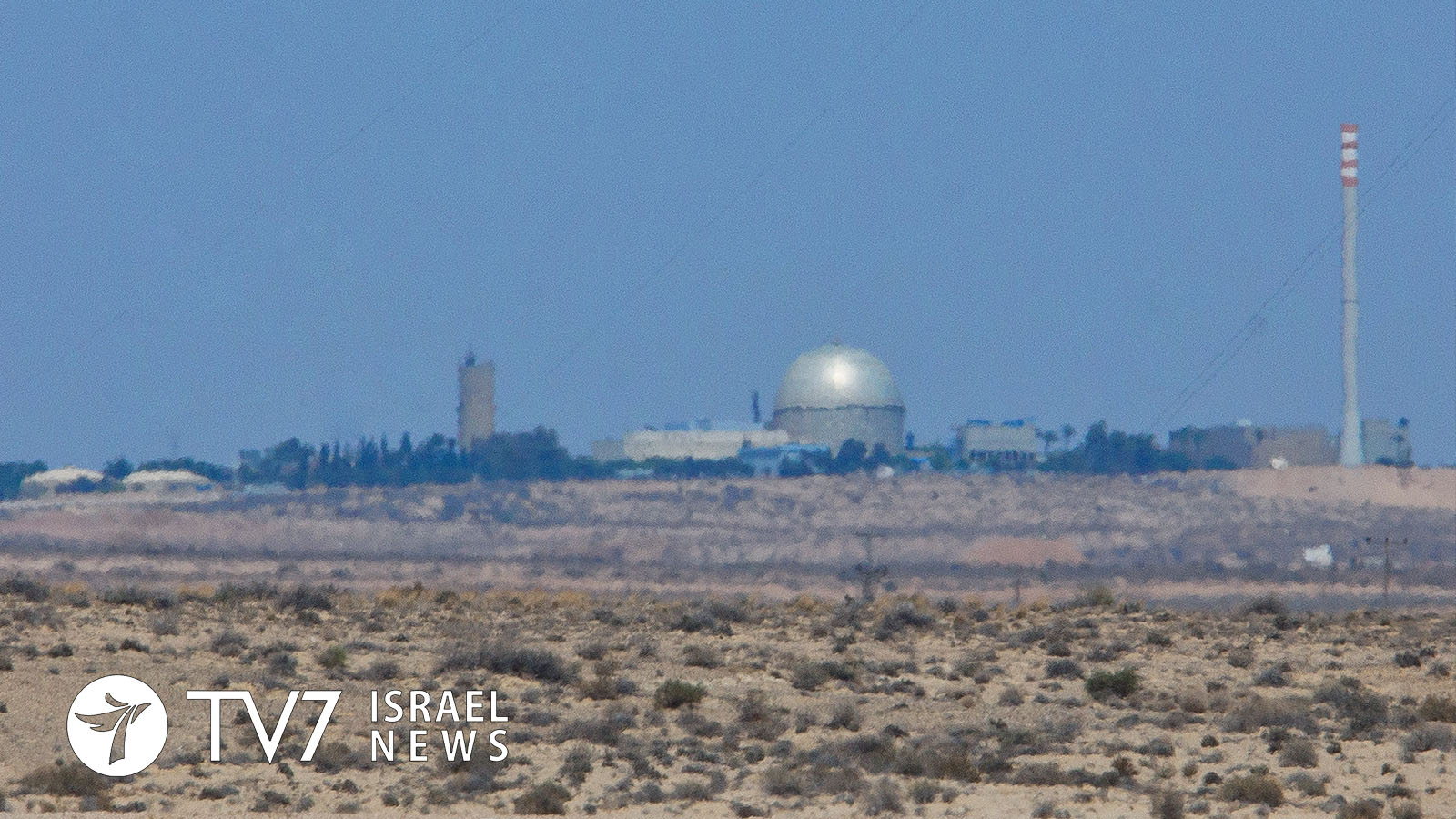As part of a now-annual ritual, the United Nations General Assembly (UNGA) passed a series of resolutions against Israel on Monday. Each year the plenum approves nearly twenty bills perceived as pro-Palestinian, among which is a call for nuclear disarmament.
Even though Israel has never acknowledged possession of atomic bombs, UN Resolution “The Risk of Nuclear Proliferation in the Middle East” called on Jerusalem “to renounce possession of nuclear weapons and to place all its un-safeguarded nuclear facilities under full-scope Agency safeguards as an important confidence-building measure among all States of the region and as a step towards enhancing peace and security.”
The bill was sponsored by the Palestinian Authority, Saudi Arabia, Oman, Egypt, Jordan and the United Arab Emirates. It passed by a vote of 153 in favor; while Israel and the United States were joined by Canada, Micronesia, Palau and the Marshall Islands in opposing the measure.
25 states which abstained from voting were Albania, Australia, Belgium, Cameroon, Central African Republic, Côte d’Ivoire, Croatia, Czech Republic, Denmark, Estonia, Ethiopia, France, Georgia, Germany, Hungary, India, Italy, Lithuania, Luxembourg, Monaco, Netherlands, Panama Poland, Romania and the United Kingdom. Croatia indicated growing support of Israel with its decision to abstain from this year’s vote instead of favoring the resolution as it had in 2019.
Israel is presumed to have pursued atomic weapons development immediately after independence in 1948 as a deterrent from hostile neighbors, with an estimated accumulated stockpile ranging between 80 to 400 warheads. In a policy of deliberate ambiguity, Israel will only confirm that it built what is today known as the Shimon Peres Negev Nuclear Research Center near the southern town of Dimona, which it maintains is a scientific facility.
8 countries are known nuclear weapons powers: the US, Russia, China, France, the UK, Pakistan, India and North Korea. Only the first five have signed Treaty on the Non-Proliferation of Nuclear Weapons (NPT), along with another 186 non-nuclear-weapon states. Iran is among the signatories, despite its alleged quest of acquiring nuclear bombs.
Israel, which has not joined the NPT, was also called on by the UNGA to neither “develop, produce, test or otherwise acquire nuclear weapons.”
In addition, only Israel and the US opposed another UN resolution advocating the establishment of a nuclear free zone in the Middle East; which passed by 174-2 with Cameroon singularly abstaining from the vote.
